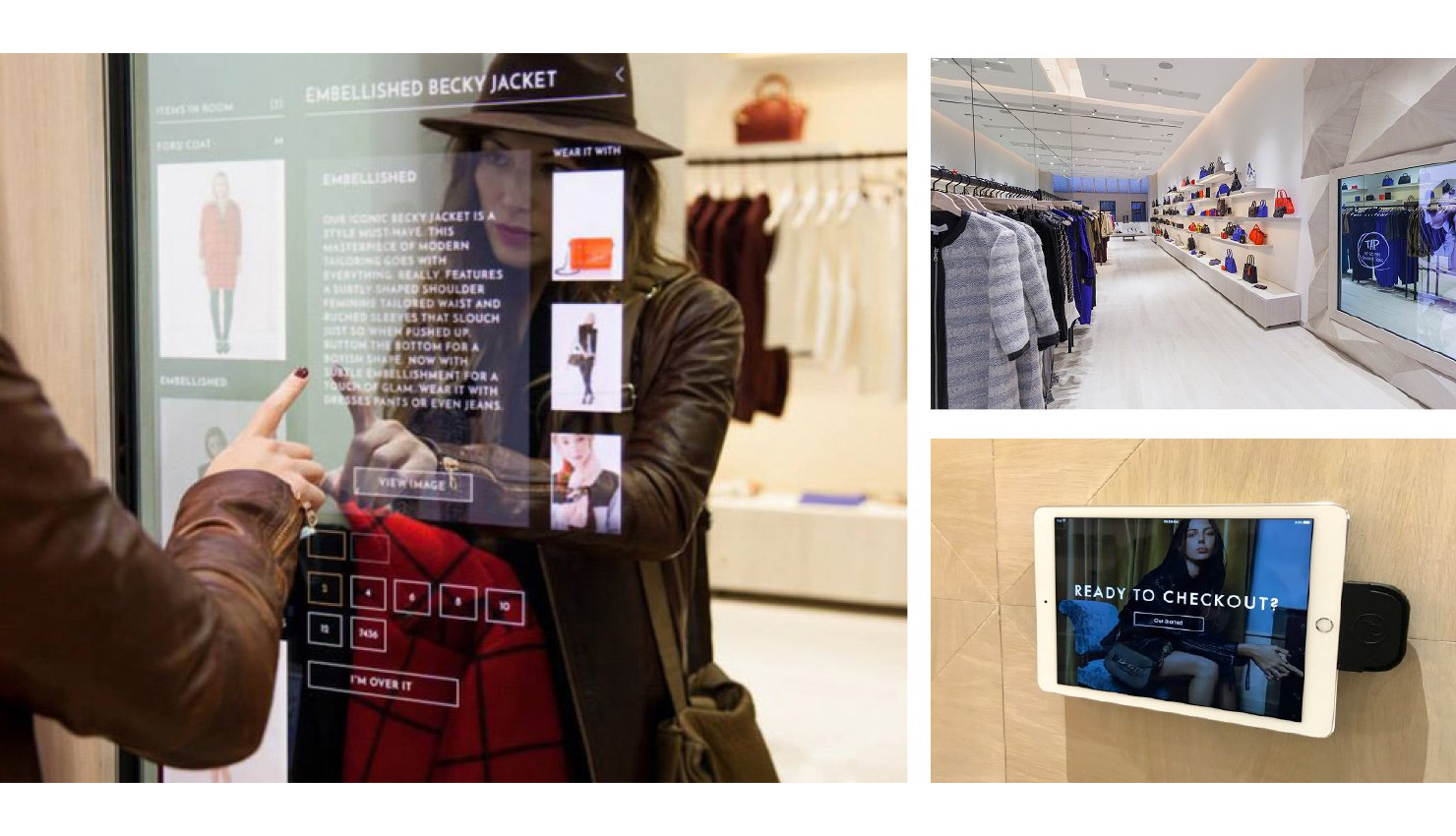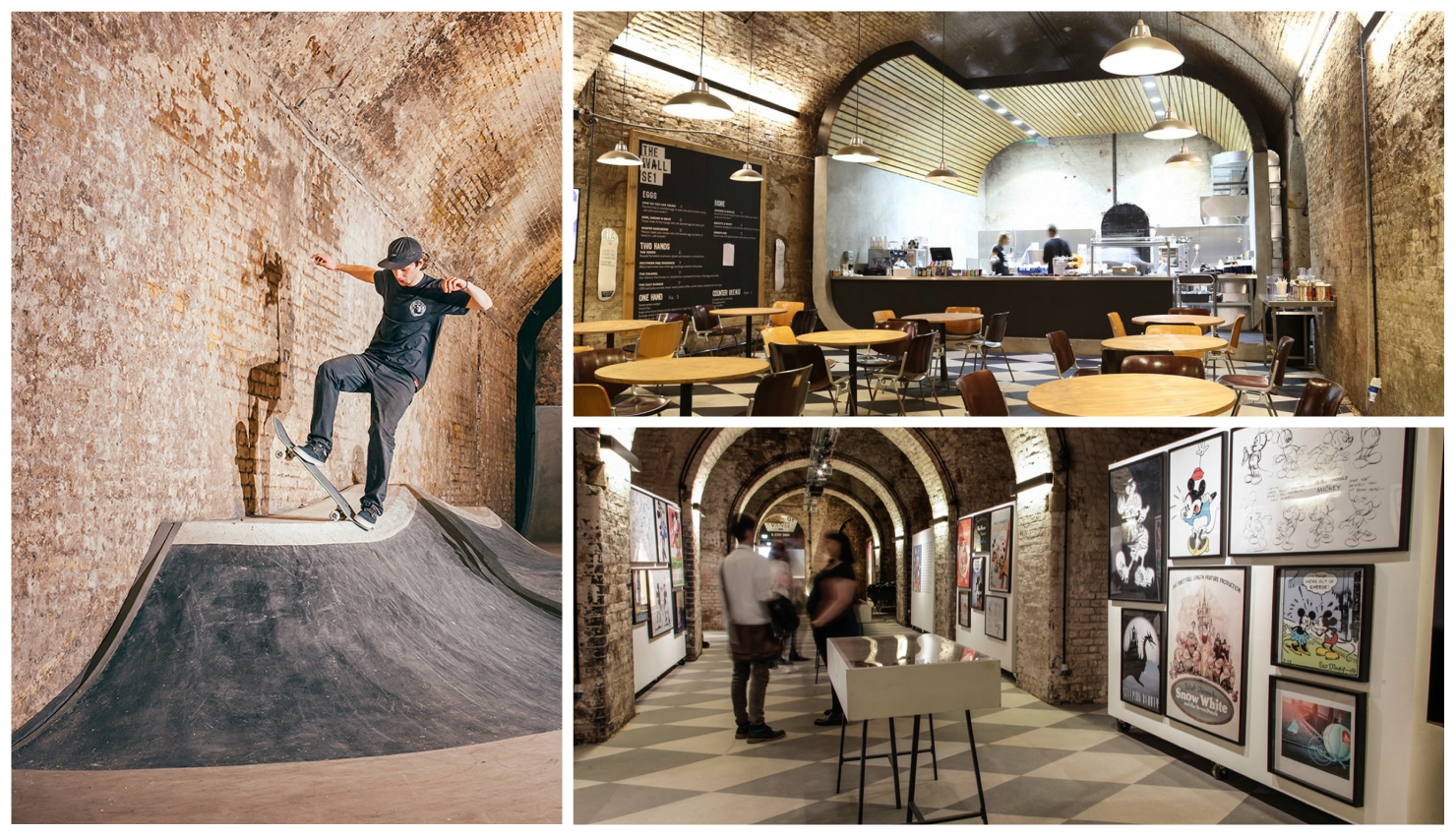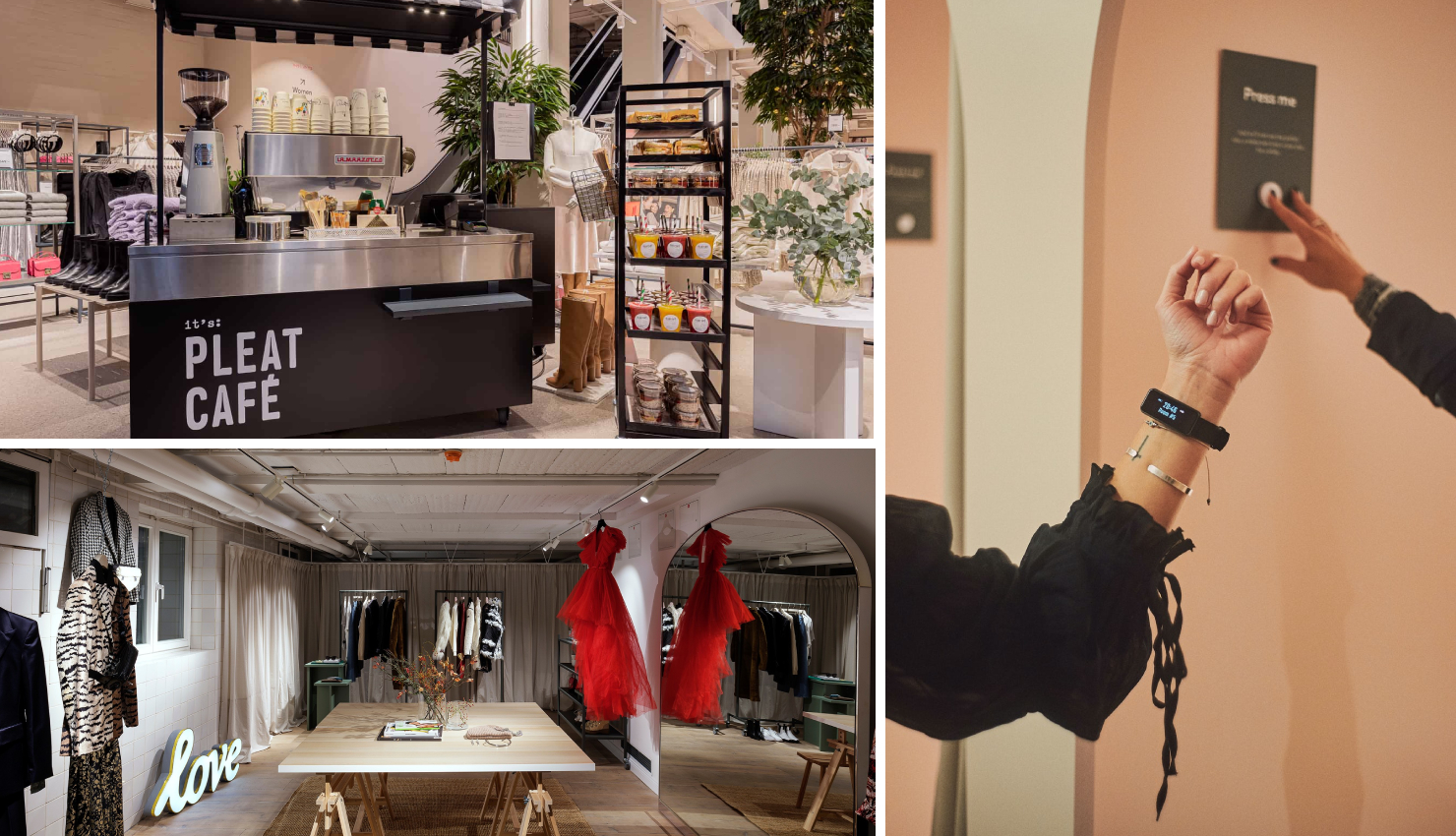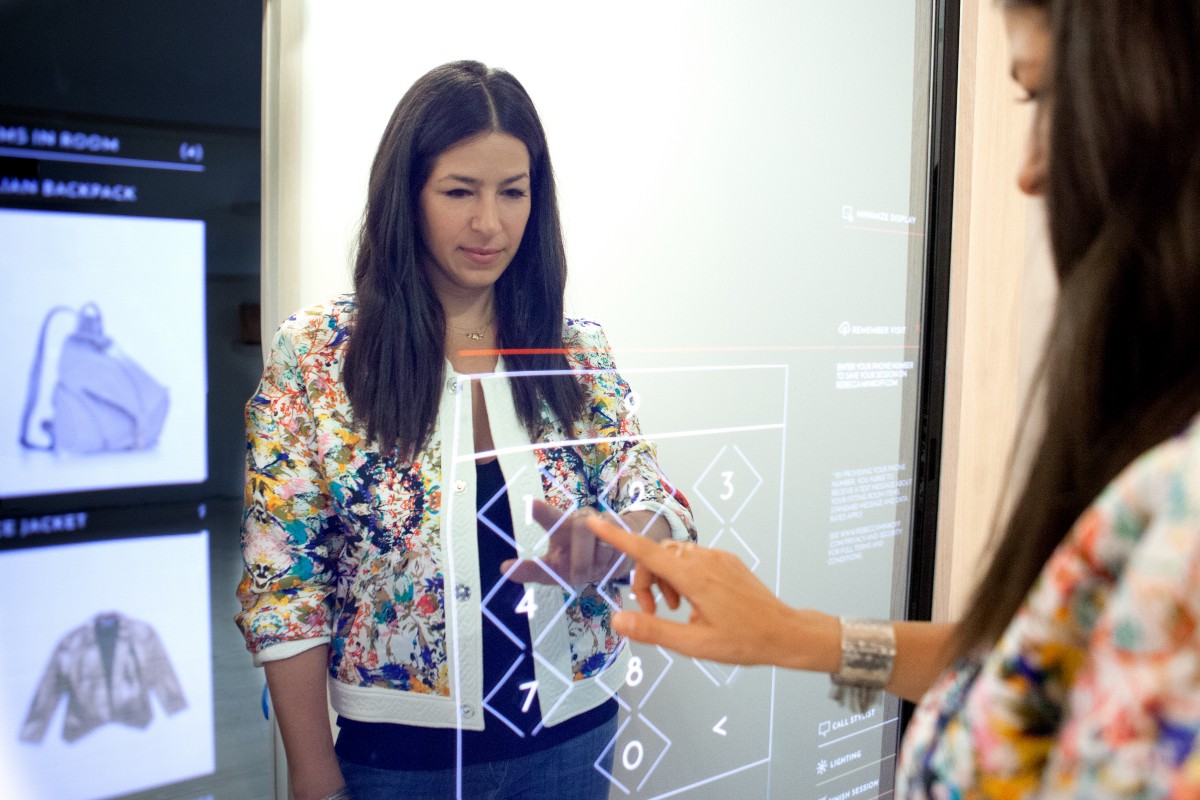Faced with falling sales due to the pandemic, companies have had to integrate physical stores by developing new concepts.
Entrepreneurs have been forced to restructure their store networks and renegotiate their leases. Thanks to online, deliveries are faster, more flexible and in most cases free of charge. This is reflected in recent months, when online sales have increased by 67%. Even so, Asian countries, such as China, are still light years ahead of us in terms of innovation in Ecommerce. All these changesdo not mean the end of the physical store, but the end of the traditional physical store, which will have to reinvent itself.
Innovation and fashion are concepts that go hand in hand. The pandemic has forced companies to think about a future beyond traditional stores. The future of retail is to offer much more than garments, experience and service will be the ones that set the value of the brand.
New technologies play an important role in improving customer service. One example is the button in the fitting rooms through which customers can communicate with employees. Many companies are clear about the new concept of the physical store:
Rebecca Minkoff
Designer Rebecca Minkoff saw that innovation was the way forward when she incorporated a touchscreen in her stores four years ago that allows customers to select garments to be sent to fitting rooms, order drinks and change the lighting in the dressing room. Customers’ settings are saved in the system, once they enter their personal data, so that when they return to the boutiqueeverything is still set to their liking.

Touchscreen in Rebecca Minkoff fitting rooms
Tiffany & Co.
On the other hand, the famous American jeweler, Tiffany & Co. surprised all its lovers, this past November, turning central London into a real fairy tale, decorated with Christmas trees, large gift boxes, a free ice rink and a snow globe. The scent bottles could be personalized with laser engraving to become the perfect gift for loved ones.

Christmas decorations from last November in London.
Vans
The Vans House in London is another example of companies committed to enhancing the customer experience. True to their motto “out of the ordinary”, their building is a space where you can enjoy music, art and BMX. Young people can buy their products and at the same time socialize or practice BMX on the ramp they have installed.

Ramp, restaurant and gallery of the Vans House in London.
H&M
This is the case of H&M which in 2019 opened in Berlin’s Mitte Garten district. The 300 square meter store had a merchandising designed for local customers, with little clothing, many lifestyle items, a juice space, coffee and a garden where yoga classes are offered.

Innovative design H&M Berlin
This model of the brand, is being replicated in other cities such as Mallorca, where last November the brand opened a physical store in a 15th century palace, adapted to the Balearic Mediterranean version.

Mediterranean design H&M Mallorca
Uniqlo
Asian brands are ahead of us when it comes to investing in technology to enhance the consumer shopping experience. This is the case of the well-known Japanese brand Uniqlo, which launched its “neuroscience” campaign last year in Australia, presenting the UMOOD booth. A display that made use of technology to suggest clothes to customers based on their mood.

UMOOD booth of Uniqlo store
https://www.youtube.com/watch?v=qNjKmOOKdes&ab_channel=nleporis
Inditex
A Spanish company that is also committed to innovation is Inditex, with its “Horizonte 2022” project to improve the in-store experience for its customers. Innovations include the ability to reserve fitting rooms through the app and purchase products in-store via mobile and then pay for them at self-service checkouts.

The company plans to invest in technology to improve the customer experience.
These are just a few examples of how brands are using technology to improve the user experience, to enhance their Value Added. This will be the future of the physical store, differentiation. Now we can only wait to see what else the fashion world has in store for us.




